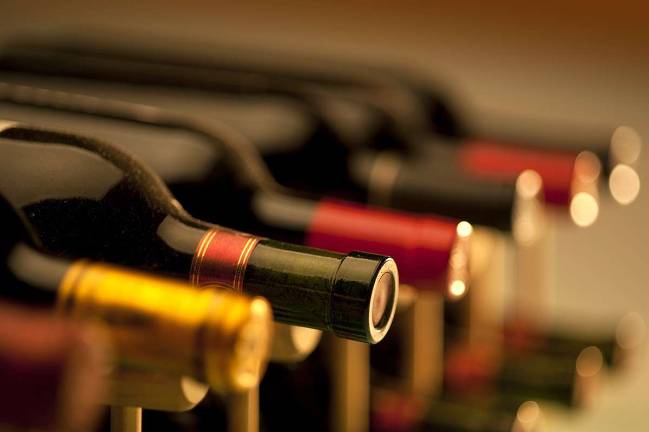Raised from the dead: Pennsylvania selling 'zombie' licenses

HARRISBURG, Pa. (AP) — Pennsylvania has begun its quest to raise (cash from) the dead, holding a statewide auction of 40 “zombie" liquor licenses.
All told, the state has about 1,200 liquor licenses that have lapsed and become dormant since 2000.
The auction of the first batch of 40 such licenses, which began Sept. 14 and runs through Oct. 27, is the first step toward restoring the licenses to active status.
An alcohol-reform law signed by Democratic Gov. Tom Wolf in June allows the Pennsylvania Liquor Control Board to auction the licenses for a minimum bid of $25,000.
Licenses in the Pittsburgh area are expected to sell for $75,000 to $80,000, while those in the Philadelphia area might bring at least triple that amount. Active licenses can be sold on the open market and often bring $200,000 to $440,000 in that area.
Licensees can privately sell their licenses and receive the revenue. The state board must review and approve each transfer.
Under the auction process, the state board will receive all revenue from the sale and the offers will be made through a sealed bid process with the highest bidder invited to apply for the license.
The law allows the Liquor Control Board to sell up to 50 expired restaurant liquor licenses in each county each year. The board is beginning with a statewide auction to test the new process and to keep demand for the licenses high.
Four licenses each from Philadelphia and Allegheny counties are available, along with two each in Butler, Cameron, Chester, Dauphin, Delaware, Erie, Indiana, Lancaster, Lehigh, Montgomery, Somerset, Westmoreland and York counties. The auction also includes a single license each from Adams, Blair, Bucks, Centre, Cumberland and Washington counties.
State House Speaker Mike Turzai, R-Allegheny, sponsored the law and said Pennsylvania will continue to auction remaining and future licenses into circulation.
“We will be watching the PLCB closely to see that these licenses continue to be auctioned in an expeditious manner to meet consumer demand," Turzai said.